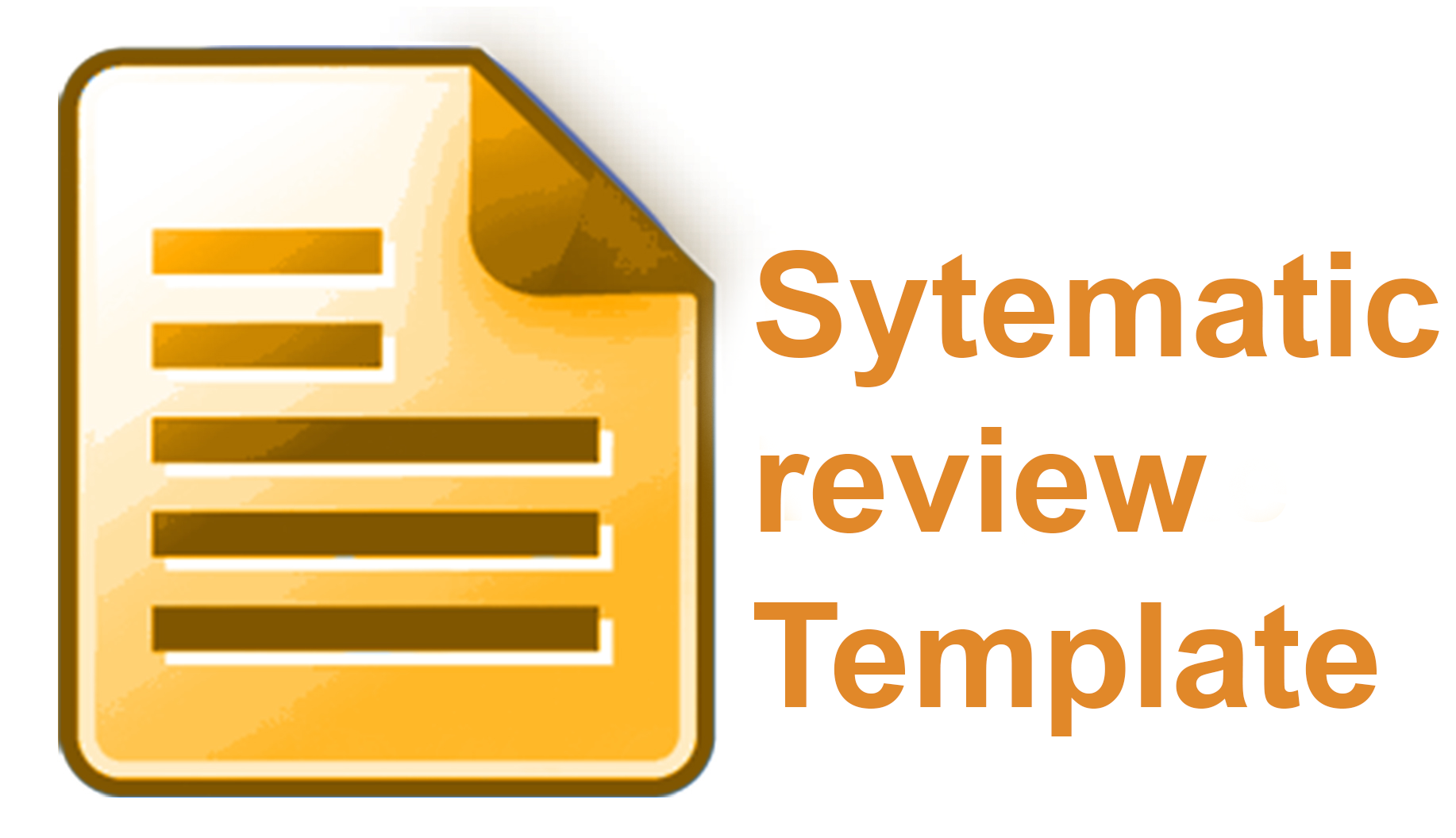Twin block therapy in a child with class II malocclusion and mouth breathing assisted by AI-driven software for cephalometric analysis: case report
Abstract
Keywords
Full Text:
PDFReferences
Cardarelli F, Drago S, Rizzi L, Bazzani M, Pesce P, Menini M, et al. Effects of removable functional appliances on the dentoalveolar unit in growing patients. Medicina (B Aires). 2024 Apr 30;60(5):746. https://doi.org/10.3390/medicina60050746
Lone IM, Zohud O, Midlej K, Proff P, Watted N, Iraqi FA. Skeletal class II malocclusion: from clinical treatment strategies to the roadmap in identifying the genetic bases of development in humans with the support of the collaborative cross mouse population. J Clin Med. 2023 Aug 6;12(15):5148. https://doi.org/10.3390/jcm12155148
Chowdhary S. Management of severe class II malocclusion with sequential modified twin block and fixed orthodontic appliances. APOS Trends in Orthodontics. 2016 Mar 4;6:113. https://doi:10.4103/2321-1407.177966
Khan MI, Neela PK, Unnisa N, Jaiswal AK, Ahmed N, Purkayastha A. Dentoskeletal effects of twin block appliance in patients with class II malocclusion. Med Pharm Rep. 2022 Oct 15; https://doi.org/10.15386/mpr-1989
Cretella Lombardo E, Lugli L, Cozza P, Lione R, Loberto S, Pavoni C. Comparison between twin block appliance and mandibular advancement on clear aligners in the improvement of airway dimension: incremental versus maximum bite advancement. Front Oral Heal [Internet]. 2024;5(September):1–9. https://doi.org/10.3389/froh.2024.1463416
Cherukuri A, Naik S. Incline Correct: A Novel Device for Accurate Inclination of Twin Block Appliances. J Indian Orthod Soc [Internet]. 2024 Jan 18;58(1):80–3. https://doi.org/10.1177/03015742231195307
Saikoski LZ, Cançado RH, Valarelli FP, Freitas KMS de. Dentoskeletal effects of Class II malocclusion treatment with the Twin Block appliance in a Brazilian sample: A prospective study. Dental Press J Orthod. 2014;19(1):36–45. https://doi.org/10.1590/2176-9451.19.1.036-045.oar
Khan MI, Neela PK, Unnisa N, Jaiswal AK, Ahmed N, Purkayastha A. Dentoskeletal effects of Twin Block appliance in patients with Class II malocclusion. Med Pharm Reports. 2022; https://doi.org/10.15386/mpr-1989
Giuntini V, Vangelisti A, Masucci C, Defraia E, McNamara Jr JA, Franchi L. Treatment effects produced by the Twin-block appliance vs the Forsus Fatigue Resistant Device in growing Class II patients. Angle Orthod. 2015;85(5):784–9. https://doi.org/10.2319/090514-624.1
Radwan ES, Maher A, Montasser MA. Comparative Evaluation of Twin Block Appliance and Fixed Orthodontic Appliance in Early Class II Malocclusion Treatment: A Randomized Controlled Trial. J Contemp Dent Pract. 2022;23(11):1111–21. https://doi.org/10.5005/jp-journals-10024-3426
Batra A, Shetty V. Effect of Twin-block Appliance on Pharyngeal Airway, Sleep Patterns, and Lung Volume in Children with Class II Malocclusion. J Contemp Dent Pract. 2022;23(1):66–73. https://doi.org/10.5005/jp-journals-10024-3289
Behroozian A, Kalman L. Clear Twin Block: A Step Forward in Functional Appliances. Dent Hypotheses. 2020;11(3):91. https://doi.org/10.4103/denthyp.denthyp_14_20
Sabouni W, Hansa I, Al Ali SM, Adel SM, Vaid N. Invisalign treatment with mandibular advancement: A retrospective cohort cephalometric appraisal. J Clin Imaging Sci. 2022;12:42. https://doi.org/10.25259/JCIS_64_2022
Listania I, Kuswandari S, Mahendra PKW. Differences of anteroposterior facial dimensions in male and female children on intermediate mixed and early permanent dentition using Cervical Vertebrae Maturation Index. Padjadjaran J Dent. 2021;33(3):271–8. https://doi.org/10.24198/pjd.vol33no3.30947
Azeez SM, Surji FF, Kadir SO, Karim R. Accuracy and Reliability of WebCeph Digital Cephalometric Analysis in Comparison with Conventional Cephalometric Analysis. World J Dent. 2023;14(8):727–32.
Yassir YA, Salman AR, Nabbat SA. The accuracy and reliability of WebCeph for cephalometric analysis. J Taibah Univ Med Sci. 2021;17(1):57–66. https://doi.org/10.1016/j.jtumed.2021.08.010
Zaheer R, Zobia Shaque H, Khalid Z, Shahid R, Jan A, Zahoor T, et al. Comparison of Semi and Fully Automated Articial Intelligence Driven Softwares and Manual System for Cephalometric Analysis. 2023; https://doi.org/10.21203/rs.3.rs-2581239/v1
Dos Santos NML, Rezende G, Faustino-Silva DD, Hugo FN, Hilgert JB. Relationship between asthma, malocclusion and mouth breathing in primary health care children. Pesqui Bras Odontopediatria Clin Integr. 2018;18(1):1–9. https://doi.org/10.4034/PBOCI.2018.181.18
Sköld UM, Birkhed D, Xu JZ, Lien KH, Stensson M, Liu JF. Risk factors for and prevention of caries and dental erosion in children and adolescents with asthma. J Dent Sci. 2022;17(3):1387–400. https://doi.org/10.1016/j.jds.2022.03.007
Lin L, Zhao T, Qin D, Hua F, He H. The impact of mouth breathing on dentofacial development: A concise review. Front Public Heal [Internet]. 2022;10(9). https://doi.org/10.3389/fpubh.2022.929165
Sharma A, Yadav G, Saha S, Rai A, Dhinsa K, Chowdhary K. Mouth Breathing Habit and Their Effects on Dentofacial Growth in Children in the Age Range of 6–14 Years: A Cephalometric Study. Int J Clin Pediatr Dent. 2024 Aug 22;17(5):545–51. https://doi.org/10.5005/jp-journals-10005-2864
Lin L, Zhao T, Qin D, Hua F, He H. The impact of mouth breathing on dentofacial development: A concise review. Front Public Heal. 2022;10. https://doi.org/10.3389/fpubh.2022.929165
Muñoz ICL, Orta PB. Comparison of cephalometric patterns in mouth breathing and nose breathing children. Int J Pediatr Otorhinolaryngol. 2014;78(7):1167–72. https://doi.org/10.1016/j.ijporl.2014.04.046
Abdelghany AM, Elsamanody AN. A simple home test to differentiate habitual from pathological mouth breathing. Int J Pediatr Otorhinolaryngol. 2023;174:111719. https://doi.org/10.1016/j.ijporl.2023.111719
Pacheco MCT, Casagrande CF, Teixeira LP, Finck NS, Araújo MTM de. Guidelines proposal for clinical recognition of mouth breathing children. Dental Press J Orthod. 2015;20(4):39–44. https://doi.org/10.1590/2176-9451.20.4.039-044.oar
Wasnik M, Kulkarni S, Gahlod N, Khekade S, Bhattad D, Shukla H. Mouth breathing habit: a review. Int J Community Med Public Heal. 2020;8(1):495. https://doi.org/10.18203/2394-6040.ijcmph20205742
Fontoura CSG da, Maia RR, Karl E, Mantesso A. The Interconnection between Malocclusion and Mouth Breathing. Glob J Otolaryngol. 2021;24(5). https://doi.org/10.19080/GJO.2021.24.556147
Chambi-Rocha A, Cabrera-Domínguez ME, Domínguez-Reyes A. Breathing mode influence on craniofacial development and head posture. J Pediatr (Rio J). 2018 Mar;94(2):123–30. https://doi.org/10.1016/j.jped.2017.05.007
Lin NH, Soemantri ES, Gayatri G. Changes in soft tissue facial profile of class II skeletal malocclusion patients with retrognathic mandible treated with twin block appliance. Padjadjaran J Dent. 2019;31(1):32–7. https://doi.org/10.24198/pjd.vol31no1.21154
Lee KY, Park JH, Tai K, Chae JM. Treatment with Twin-block appliance followed by fixed appliance therapy in a growing Class II patient. Am J Orthod Dentofac Orthop. 2016;150(5):847–63. https://doi.org/10.1016/j.ajodo.2015.10.033
Entrenas I, González‐Chamorro E, Álvarez‐Abad C, Muriel J, Menéndez‐Díaz I, Cobo T. Evaluation of changes in the upper airway after Twin Block treatment in patients with Class II malocclusion. Clin Exp Dent Res. 2019;5(3):259–68. https://doi.org/10.1002/cre2.180
Achmad H, Sitanaya R, Lesmana H, Djais AI, Agustin R. Effectiveness of Twin Block Device as Upper Airway Correction in Pediatric Patients with Class II Malocclusion and Its Relationship with Muscle Contraction: A Systematic Review. J Int Dent Med Res [Internet]. 2022; Available from: http://www.jidmr.com
McNamara JA, Franchi L. The cervical vertebral maturation method: A user’s guide. Angle Orthod. 2018;88(2):133–43. https://doi.org/10.2319/111517-787.1
Makhbul MZM, Hassan WNW. A Clinical Audit of the Success Rate of Removable Functional Appliances Treatment. Malays Dent J [Internet]. 2019;1(1):61–73. Available from: https://search.ebscohost.com/login.aspx?direct=true&db=ddh&AN=142590345&site=ehost-live
Khoja A, Fida M, Shaikh A. Cephalometric evaluation of the effects of the twin block appliance in subjects with class II, division 1 malocclusion amongst different cervical vertebral maturation stages. Dental Press J Orthod. 2016;21(3):73–84. https://doi.org/10.1590/2177-6709.21.3.073-084.oar
Elabd AA, Tawfik MA, Hafez AM. Evaluation of the effects of the Incisal capping twin block on the flaring of the lower incisors in the treatment of skeletal Class II malocclusion. Mansoura J Dent. 2022;9(3):89–94. https://doi.org/10.21608/mjd.2022.259769
Nogami Y, Saitoh I, Inada E, Murakami D, Iwase Y, Kubota N, et al. Prevalence of an incompetent lip seal during growth periods throughout Japan: a large-scale, survey-based, cross-sectional study. Environ Health Prev Med. 2021;26(1):11. https://doi.org/10.1186/s12199-021-00933-5
Hockenbury DK. Scient Open Access Exploring the World of Science Can We “Grow Lips” In Therapy? The Efficacy of Lip Stretching and Strengthening Exercises in Patients with Lip Incompetence. J Dent Oral Heal [Internet]. 2018;4:120. Available from: http://www.scientonline.org
Pattanaik S, Puvvula N, Mohammad N. Accelerating Treatment of Skeletal Class II Malocclusion using Fixed Twin Block Appliances. Int J Clin Pediatr Dent. 2018;11(2):146–50. https://doi.org/10.5005/jp-journals-10005-1501
Kazimierczak W, Gawin G, Janiszewska-Olszowska J, Dyszkiewicz-Konwińska M, Nowicki P, Kazimierczak N, et al. Comparison of Three Commercially Available, AI-Driven Cephalometric Analysis Tools in Orthodontics. J Clin Med. 2024;13(13):3733. https://doi.org/10.3390/jcm13133733
Thirumurthi AS, Felicita AS, Jain RK. Patient’s Psychological Response to Twin-block Therapy. World J Dent. 2017;8(4):327–30. https://doi.org/10.5005/jp-journals-10015-1459
DOI: https://doi.org/10.24198/pjd.vol37no1.59299
Refbacks
- There are currently no refbacks.
 All publications by the Universitas Padjadjaran [e-ISSN: 2549-6212, p-ISSN: 1979-0201] are licensed under a Creative Commons Attribution-ShareAlike 4.0 International License .
All publications by the Universitas Padjadjaran [e-ISSN: 2549-6212, p-ISSN: 1979-0201] are licensed under a Creative Commons Attribution-ShareAlike 4.0 International License .






.png)
